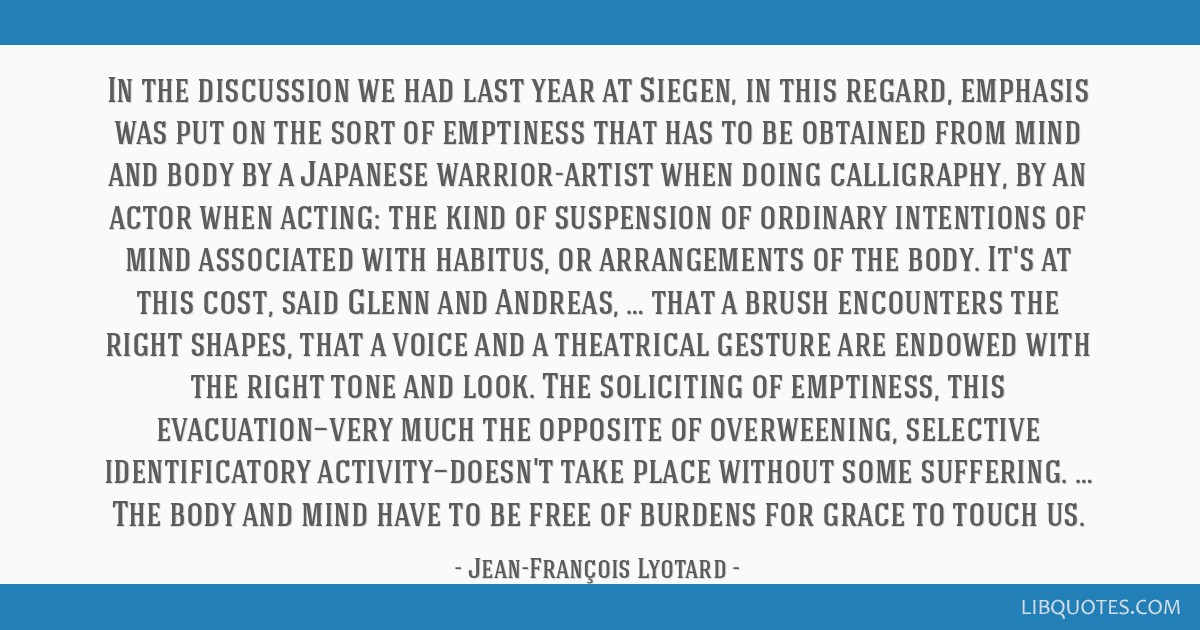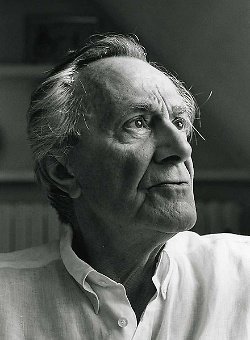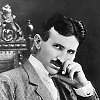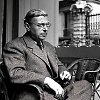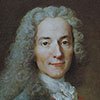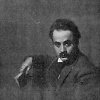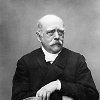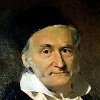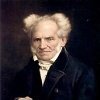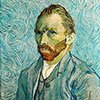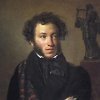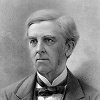In the discussion we had last year at Siegen, in this regard, emphasis was put on the sort of emptiness that has to be obtained from mind and body by a Japanese warrior-artist when doing calligraphy, by an actor when acting: the kind of suspension of ordinary intentions of mind associated with habitus, or arrangements of the body. It's at this cost, said Glenn and Andreas, … that a brush encounters the right shapes, that a voice and a theatrical gesture are endowed with the right tone and look. The soliciting of emptiness, this evacuation—very much the opposite of overweening, selective identificatory activity—doesn't take place without some suffering. … The body and mind have to be free of burdens for grace to touch us.
p. 296 - Thought Without a Body? (1994)
